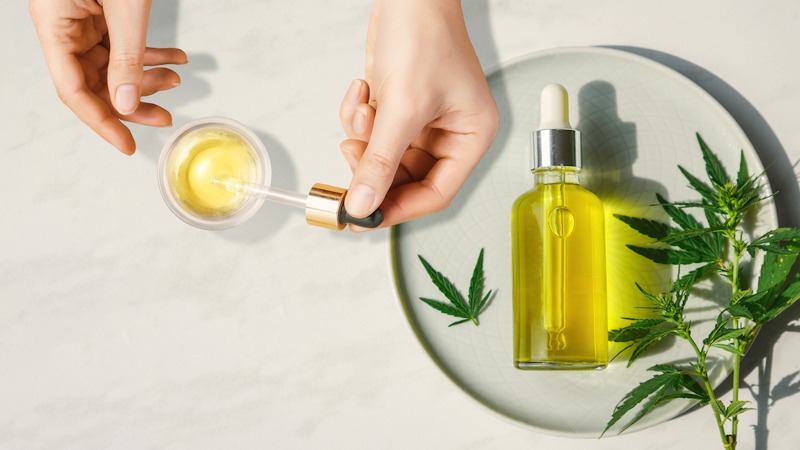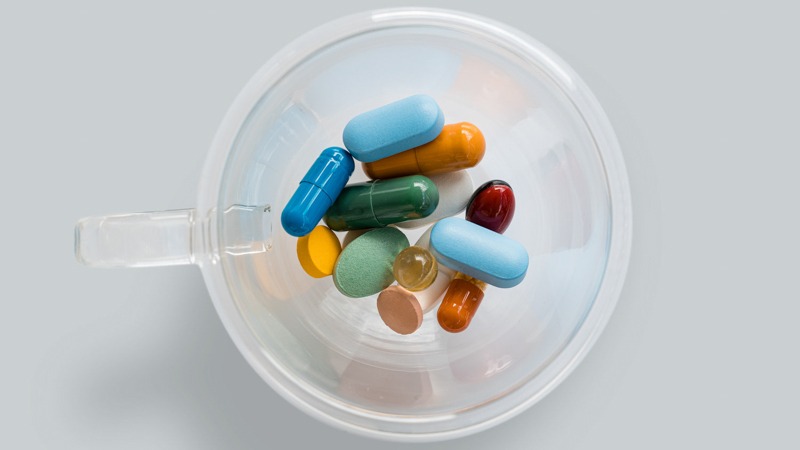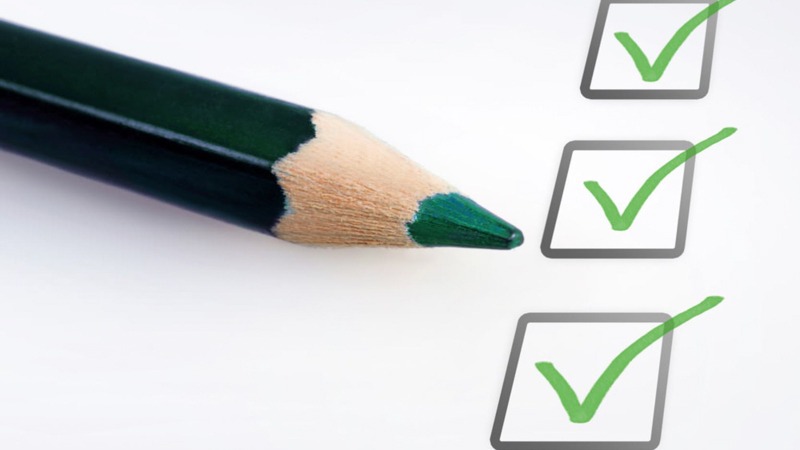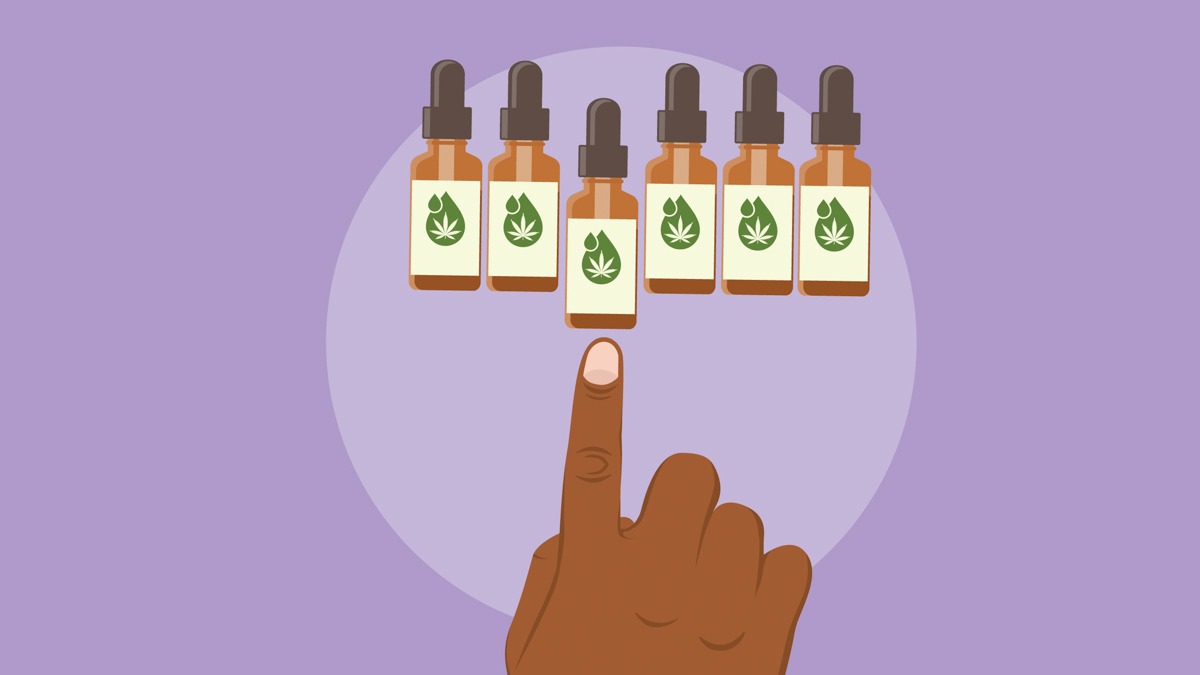Obsessive-compulsive disorder (OCD) is a mental condition that can be difficult to treat. It’s a form of anxiety that doctors often struggle to diagnose.
There are a variety of treatments available that can curb OCD symptoms. Medications such as Anafranil can cause undesirable side effects like dizziness, sweating, tiredness, and weight loss.
Understandably, some people with OCD want to avoid drugs like Anafranil and turn to natural alternatives instead.
There are plenty of natural alternatives for chemical psychiatric medications and CBD may be one of them.
Let’s look at how CBD can help OCD, what the benefits are, and how to use it.
Does CBD Help with Obsessive-Compulsive Disorder (OCD)?
Scientific studies that look into CBD’s effects on OCD are few and far between. However, there’s plenty of anecdotal research suggesting that cannabidiol (CBD) can reduce the symptoms of the disorder.
Obsessive-compulsive disorder is regarded medically as an anxiety disorder.
Although studies into CBD’s effects on OCD are somewhat lacking, there’s plenty of research that suggests it’s an effective treatment for anxiety as a whole.
This strongly indicates that CBD could benefit people that suffer from OCD.
A 2019 study administered 150, 300, and 600 mg doses of CBD to 57 adult males [1]. They discovered that the 300 mg dose of CBD significantly reduced anxiety levels throughout the group.
However, when 150 mg and 600 mg of CBD were administered, they saw no significant improvements. This could suggest that a dose around the 300 mg mark is most effective for anxiety disorders.
A 2015 research study looked into CBD’s effects on several different anxiety disorders including OCD. The researchers concluded that there’s strong evidence to suggest that CBD is an effective treatment for OCD and other anxiety disorders [2].
Key Benefits of CBD That May Support OCD Symptoms
- CBD may improve sleep quality
- CBD may support healthy stress response by deducing cortisol levels
- CBD has been shown to provide serotonin support (may stabilize mood)
- CBD has been shown to reduce muscle tension
- CBD may reduce nausea symptoms
- CBD may prevent oxidative damage
What’s the Best Type of CBD for OCD?
 CBD is easily accessible nowadays and in many different forms. It’s available in supermarkets, pharmacies, dispensaries, health stores, and all across the internet.
CBD is easily accessible nowadays and in many different forms. It’s available in supermarkets, pharmacies, dispensaries, health stores, and all across the internet.
You’ll find CBD products in the form of oil, edibles, capsules, topicals, vapes, and even pet products.
Choosing the right product can seem daunting. Although we’re sure you can safely rule out CBD dog treats for OCD, choosing between the rest of the formats can be a headache.
Before we get into what the best CBD products are for OCD, you should first know about the different types of hemp extracts available used in the formulation of products.
1. CBD Isolate
CBD isolate is a pure extract of CBD. It contains cannabidiol and no other naturally occurring cannabinoids or terpenes found in the Cannabis Sativa plant.
CBD isolates are fantastic for people that don’t react well with other cannabinoids found in broad-spectrum and full-spectrum extracts. Although CBD isolate may support significant health benefits, it’s considered inferior to full-spectrum and broad-spectrum CBD.
When CBD is consumed alongside the other naturally occurring cannabinoids found in hemp, it’s believed it’s far more effective. This is due to the entourage effect, where the compounds work together to produce a stronger set of effects in the endocannabinoid system [3].
That being said, CBD isolates can still be a valuable supplement for people with OCD.
2. Broad-Spectrum CBD
Broad-spectrum CBD contains cannabidiol as well as all the other cannabinoids present in the hemp plant, excluding THC.
THC is the psychoactive compound in cannabis. Even full-spectrum oils only contain 0.3% or less of this cannabinoid. At these trace amounts, no impairing effects are experienced. However, in some cases, full-spectrum CBD may show up on drug tests because of the presence of THC.
In broad-spectrum extracts, the THC is completely removed, so there’s no chance of showing a positive result during drug screening. For this factor, it’s perfect for people that get regular drug tests for work or sports.
Because a rich cannabinoid profile is present in board-spectrum products, the user will still benefit from the entourage effect to some degree.
3. Full-Spectrum CBD
Full-spectrum CBD contains a full cannabinoid profile including THC at levels below 0.3%.
Full-spectrum CBD is considered the most valuable extract to support a wide variety of health conditions because of the power of the entourage effect. Cannabinoids and terpenes lend their unique therapeutic benefits that can enhance and balance that of CBD.
If you don’t undergo regular drug screening and don’t have a negative reaction to any of the other cannabinoids present in the extract, full-spectrum is the best type of CBD to support anxiety symptoms.
Is CBD Safe for Children with OCD?
There’s a lot of stigma around medicating children with cannabis products.
This is because of the impairing effects of THC. CBD products don’t contain any THC in concentrations higher than 0.3%, so children won’t experience any form of intoxication.
It’s perfectly acceptable, safe, and legal to give CBD to your child with OCD.
However, the way you administer CBD to your child differs from how you would consume CBD as an adult.
Most parents use CBD in the form of gummies for their children who suffer from anxiety disorders or attention deficit disorders. This is because gummies are easy to administer. After all, what child doesn’t enjoy sweets?
The dosage needed changes significantly when giving CBD to children. An adult dose for OCD is far too much for a child. Children are smaller in size and weight and tend to have faster metabolisms than adults, which means less CBD is needed to take effect.
If a child is given an adult dose they risk developing side effects such as reduced appetite, drowsiness, and diarrhea.
Purchasing low-potency CBD is important for children. Starting with a low dose and increasing the dose gradually is the best approach when giving CBD to children. If you’re using gummies, don’t be afraid to split the edible into halves or quarters.
CBD vs. Other Natural Alternatives for OCD
 There are plenty of other natural remedies that you can use to treat OCD. Using CBD alongside some of these is a great way to support anxiety symptoms.
There are plenty of other natural remedies that you can use to treat OCD. Using CBD alongside some of these is a great way to support anxiety symptoms.
The list of natural treatments for OCD and other anxiety disorders is endless. In this section, we outline 4 of the most effective that are backed by scientific research [4].
1. Vitamin D for OCD
Vitamin D plays a vital role in the development of many psychiatric disorders.
Studies have discovered that vitamin D levels are often significantly lower in people with OCD [5]. This could indicate a direct link between the vitamin and the disorder.
If you have OCD, increasing your vitamin D intake may reduce your symptoms. You can increase your vitamin D intake by using supplements or eating more oily fish, red meats, fortified foods, and eggs.
2. Vitamin B12 for OCD
The same study that discovered vitamin D levels are lower in OCD patients also found that their vitamin B12 levels were significantly lower than the average person.
Vitamin B12 and other B vitamins help the brain produce chemicals that affect mood and induce emotional responses. With this in mind, deficiency of vitamin B12 may worsen OCD symptoms.
Getting enough B12 in your diet is a great way to improve your mental and physical health and may improve OCD. Using supplements or eating more fish, meat, cheese, and eggs is the best way to get more B12 into your body.
3. Omega-3 for OCD
Omega-3 fatty acids are essential to our physical and mental health.
Studies suggest that omega-3 may alleviate and prevent certain psychiatric conditions including attention deficit disorder and obsessive-compulsive disorder [6].
Omega-3 deficiencies are common amongst people who suffer from depression and anxiety. Increasing your intake of omega-3 fatty acids may improve your mental condition and reduce OCD symptoms.
Consuming fish oils, nuts, seeds, and fortified foods is a great way to get more omega-3 into your diet. The best source of omega-3 is hemp seed oil. The hemp seed oil has the highest concentration of essential fatty acids out of any other vegetable-based oil on the market.
4. St John’s Wort for OCD
St John’s Wort is a herbaceous perennial plant that’s renowned for its medical benefits.
One study discovered that the plant properties are promising in treating OCD [7]. The study resulted in 42% of OCD patients reporting a significant improvement in symptoms and 50 % reporting a minimal improvement.
Extracts of St John’s Wort can be found online from reputable companies and in most health stores. It usually comes in pill form, with 300 mg being the most effective potency for treating obsessive-compulsive disorder.
What You Need to Know Before Using CBD for OCD
 There are a few important factors to know before consuming CBD with the intention of supporting OCD symptoms.
There are a few important factors to know before consuming CBD with the intention of supporting OCD symptoms.
Knowing how to select the right dosage and how long it takes to work are just a few factors:
1. What’s the Dosage of CBD for OCD?
CBD works differently from person to person.
What may be considered an effective dose for one individual may not be effective for another. This means a certain amount of self-experimentation is needed to find the optimum dose for you.
The optimum dose of CBD for OCD will change depending on a variety of factors such as weight, age, metabolism, and severity of the disorder.
The best way to find the right dose for OCD is to start with a small dose and work your way up until the desired effects are achieved.
Start with a 5 mg dose and gradually increase it day by day until you notice a reduction in symptoms.
Remember, if you’re treating a child’s OCD with CBD you should start with a much lower dose. Generally speaking, a dose for a child should be around half that of an adult dose. With this in mind, you should start with a dose of around 2.5 mg.
You should also increase the dose in smaller increments at a gentler pace when administering CBD to children.
2. How Long Does CBD Take to Work for OCD?
As with dosage, the time between the first dose of CBD and noticeable positive effects on OCD is significantly different from person to person.
Some people experience noticeable effects almost immediately after their first dose of CBD. However, for others, a long-term approach is needed to see results.
It’s also worth noting that CBD doesn’t work for everyone when it comes to treating OCD. Some people report no noticeable effects on the disorder when they consume CBD.
So, how long should you wait before ruling out CBD as an effective treatment for you?
Most people report an improvement in symptoms within 6 weeks. With this in mind, you should try a course of daily CBD for 6 weeks before ruling it out.
If the CBD has no effects on your OCD, try supplementing with other natural treatments alongside it.
3. Is CBD Alone Enough for OCD?
For some people, CBD alone is enough to reduce the symptoms of OCD. However, it’s a wise decision to incorporate other treatments into your regime.
The first way you can improve your chances of reducing OCD and other forms of anxiety is by adjusting your diet. Nutrient deficiencies have been directly linked to mental conditions including attention-deficit disorder.
Start by increasing your vitamin D, vitamin B12, and omega-3 intake. A lack of these vitamins and fatty acids may be the reason you are experiencing OCD symptoms.
4. Can CBD Make OCD Worse?
There’s little reason to believe that CBD makes OCD worse.
The studies that have been done on CBD’s effects on OCD patients have either provided positive results or no change in symptoms.
In other words, you shouldn’t worry about CBD making the disorder worse. In the worst-case scenario, you may not receive many advantages.
CBD is certainly a promising supplement to try for OCD. Most scientific studies report a larger percentage of people with the disorder benefiting from CBD than those that experience no positive results.
Final Thoughts: Does CBD Work for OCD?
There’s plenty of evidence that suggests CBD may be an effective supplement for use in treating OCD.
CBD and other cannabinoids have been shown to have a positive effect on mental health, including social anxiety, depression, ADHD, and OCD.
CBD is a natural supplement that may help you curb the symptoms associated with OCD while benefiting other aspects of your physical and mental health.
CBD products, when sourced from a reputable supplier, are extremely safe and pose very few negative side effects. However, when using CBD to treat OCD it’s important to start with a low dose and increase the amount you’re consuming gradually.
Full-spectrum products are the most effective at treating the disorder with broad-spectrum in a close second.
CBD isolates are great for people that can’t consume other naturally present cannabinoids in full- and broad-spectrum extracts, but it doesn’t provide the entourage effect.
References Used In This Article
- Linares, I. M., Zuardi, A. W., Pereira, L. C., Queiroz, R. H., Mechoulam, R., Guimarães, F. S., & Crippa, J. A. (2019). Cannabidiol presents an inverted U-shaped dose-response curve in a simulated public speaking test. Brazilian Journal of Psychiatry, 41(1), 9-14.
- Blessing, E. M., Steenkamp, M. M., Manzanares, J., & Marmar, C. R. (2015). Cannabidiol as a potential treatment for anxiety disorders. Neurotherapeutics, 12(4), 825-836.
- Russo, E. B. (2019). The case for the entourage effect and conventional breeding of clinical cannabis: no “strain,” no gain. Frontiers in plant science, 9, 1969.
- Karcı, C. K., & Celik, G. G. (2020). Nutritional and herbal supplements in the treatment of the obsessive-compulsive disorder. General psychiatry, 33(2).
- Esnafoğlu, E., & Yaman, E. (2017). Vitamin B12, folic acid, homocysteine, and vitamin D levels in children and adolescents with obsessive-compulsive disorder. Psychiatry Research, 254, 232-237.
- Ross, B. M., Seguin, J., & Sieswerda, L. E. (2007). Omega-3 fatty acids as treatments for mental illness: which disorder and which fatty acid?. Lipids in health and disease, 6(1), 1-19.
- Kobak, K. A. (2000). An open-label trial of St. John’s Wort (Hypericum perforatum) in obsessive-compulsive disorder. The Journal of clinical psychiatry, 61(8), 575-578.

